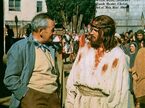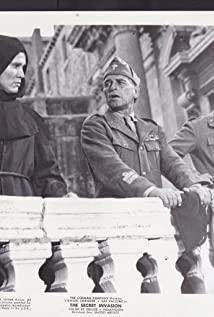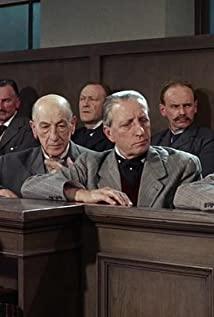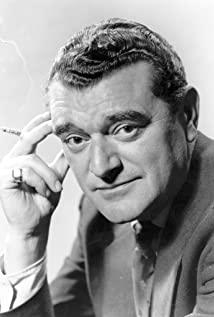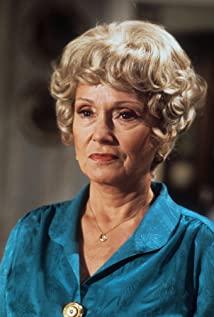The grand scenes, the luxury of the Roman nobles' sleeping quarters and costumes, the poverty of the poor, the rhythm of paddling, the inspiration of naval battles, and the horse racing scene in the gladiatorial arena, it is hard to imagine how it was filmed, layered and dynamic. .
For more than 3 hours, through the ten years of life that Bingham lived for revenge, he went from a desperate situation to the upper class of society. He was promoted to a large extent because he had exerted his great potential, but in the end he was able to survive. His love drives survival, not hatred. Rather than saying that Bingham persisted until the moment his enemy died for hatred, it would be better to say that he sought his inner faith in the midst of suffering.
After his former friend and now enemy, Marcela, still dies of jealousy, he suddenly finds himself just like his friend - shrouded in Roman splendor. Bingham's relatives all believed in the teachings of Jesus, and Bingham got an unprecedented feeling in the teachings of benevolence. He has always loved his Jewish nation, and the benevolence of Jesus saved Bingham when he was dying, nourishing him. His soul that has been smoking because of hatred will not lose himself in the choice between hatred and love and choose hatred.
When his friend Marcela died, he suddenly realized that what he hated was not his friends, but whether he should give up his national heart, a choice between materialism and faith. The teachings of Jesus brought spiritual sustenance to the suffering Jews, hope for their survival, and many beautiful qualities such as benevolence, tolerance and no glory.
Bingham's more than ten years of ups and downs and struggles are actually a collection of human suffering, and Jesus has been accompanying the movie to touch Bingham's heart, asking him to forgive those who hurt him, live from despair, and choose reason.
The nearly 4-hour movie is really hard work, and it is still very engaging, just like the old man telling you his story again. Just like slowly expounding and sketching out the vague and stalwart image of Jesus, he is a kind of faith, the spiritual pillar that exists in people's hearts. Ben-Hur was subtly extinguished by hatred and awakened reason. Just as at the end, Bing-Hur and many people sent Jesus to be executed, and he also took a ladle of water to repay the kindness. After Bing-Hur heard that Jesus was crucified to bear the suffering for the world, he finally gave them hope. I realized the true meaning of life: let love inspire my beautiful hope every day.
When happiness is there, we can’t experience the pain of suffering and like to covet. When suffering comes, we are habitually full of resentment and blame, but resentment will only make people more and more crazy. Only love and forgiveness can make us laugh at happiness and hardship. .
View more about Ben-Hur reviews






